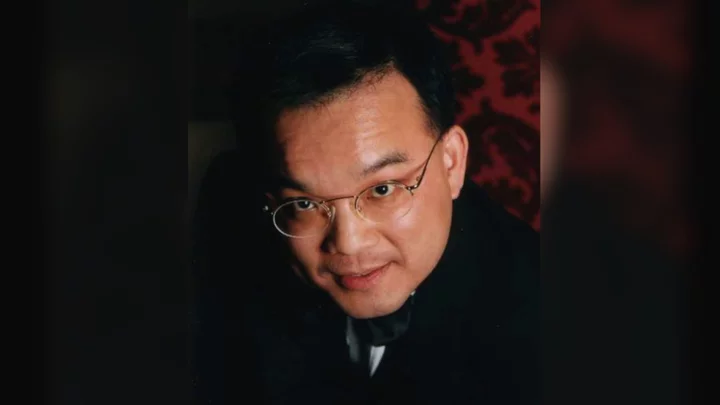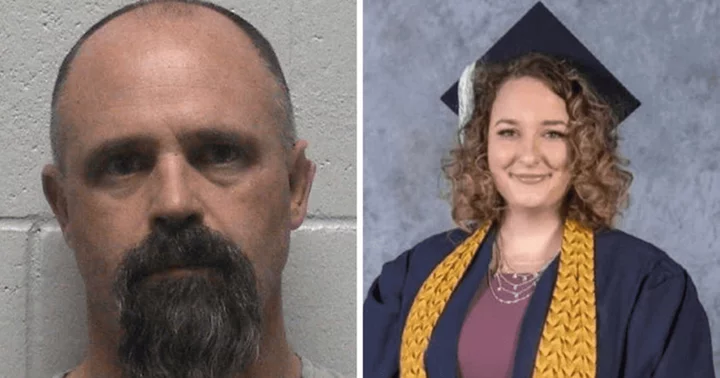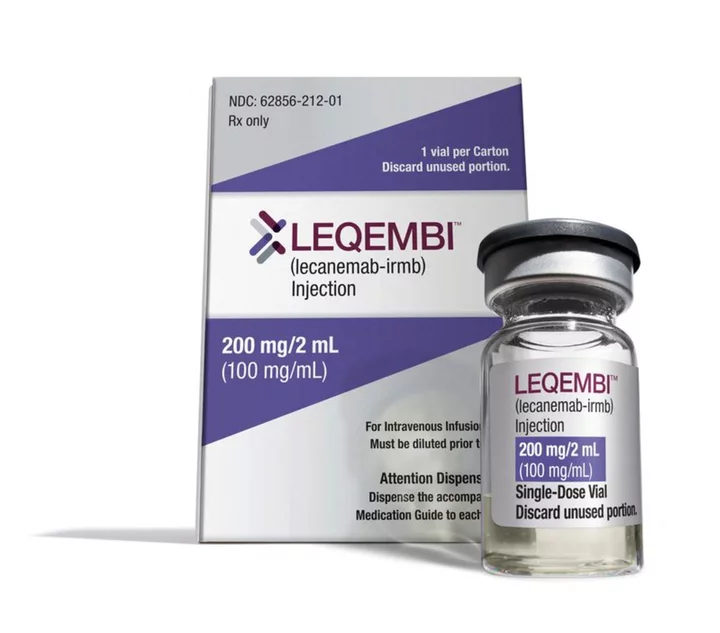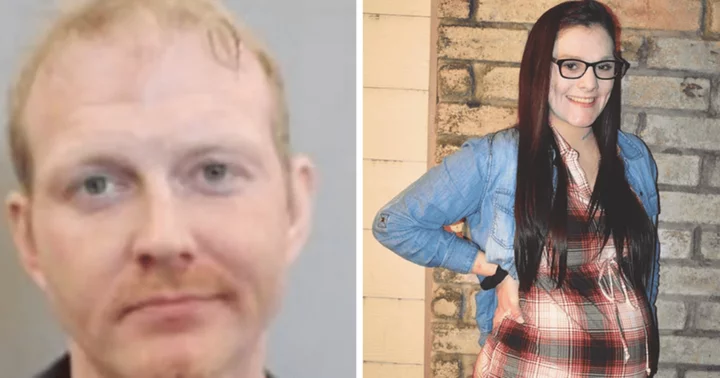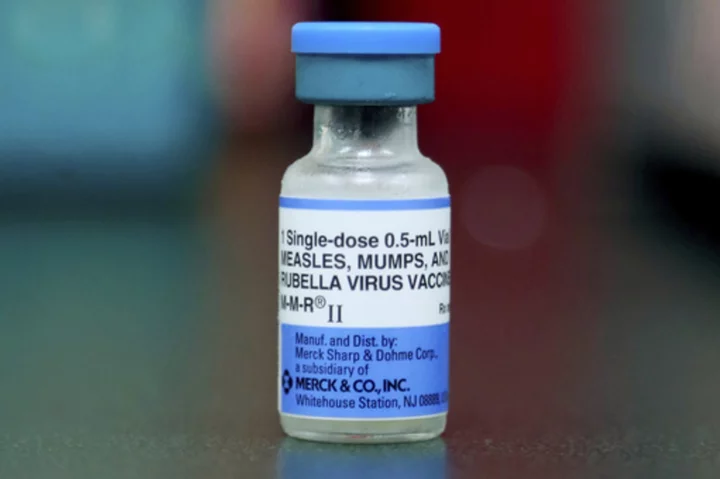Gilgo Beach killings suspect Rex Heuermann is set to appear in a New York court on Wednesday for a hearing in his case where he has pleaded not guilty to murder in the deaths of three women more than a decade ago.
The discovery of the women's remains near each other in December 2010 on a Long Island beach, and the killings of other people in the area, brought nationwide attention and prompted the search for a possible serial killer.
Heuermann, a 59-year-old architectural consultant from Massapequa Park, was arrested two months ago and is charged with three counts of first-degree murder in connection with the deaths of Melissa Barthelemy in 2009 and Megan Waterman and Amber Costello in 2010, according to Suffolk County prosecutors.
He has pleaded not guilty through his attorney.
Heuermann is expected to attend Wednesday morning's status hearing, where prosecutors and defense attorneys can discuss evidence disclosure and provide other updates.
Last month, a Suffolk County judge sided with prosecutors and ruled Heuermann must provide a sample of DNA taken from his inner cheek.
The judge wrote "the court finds that a comparison of the defendant's sample with the evidence obtained," including a hair found on a victim he is accused of killing and "the DNA found on the pizza crust and napkin, will yield probative material evidence, whether it is inculpatory or not."
Heuermann was first identified as a potential suspect in early 2022, shortly after a multiagency task force was formed to examine cold cases involving nearly a dozen sets of human remains found along Long Island's South Shore between 2010 and 2011, including four victims buried near each other on Long Island's Gilgo Beach. Those victims were discovered within days of each other and were dubbed the "Gilgo Four."
While Heuermann is charged only with three of those killings, he is the prime suspect in the 2007 disappearance and death of the fourth woman, Maureen Brainard-Barnes, authorities have said.
A major break in the investigation came in January, when investigators recovered Heuermann's DNA from pizza crust that was thrown away in a Manhattan trash can, authorities said. That DNA matched DNA from a male hair from the bottom of a burlap sack that the killer used to wrap one of the victim's bodies, according to prosecutors.



